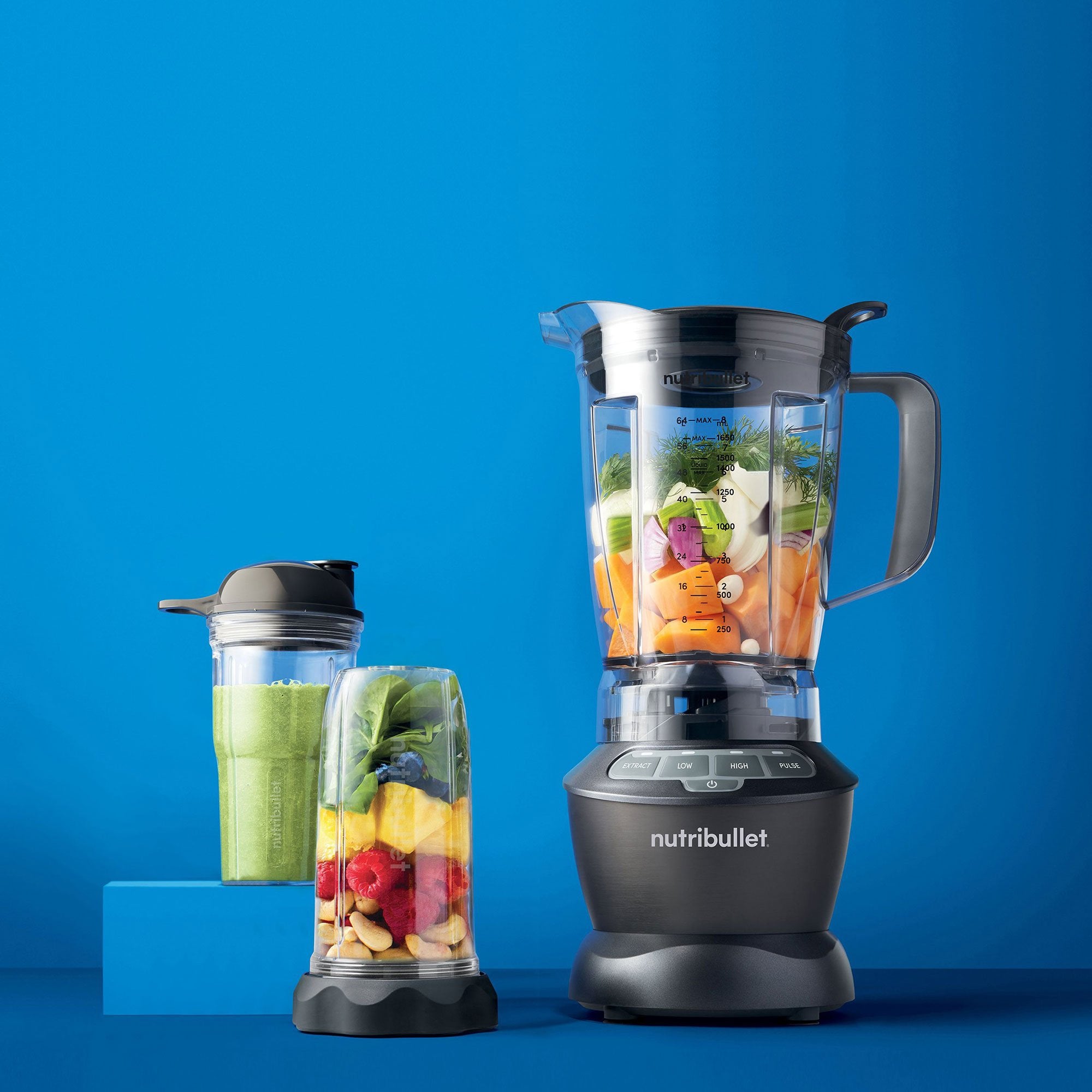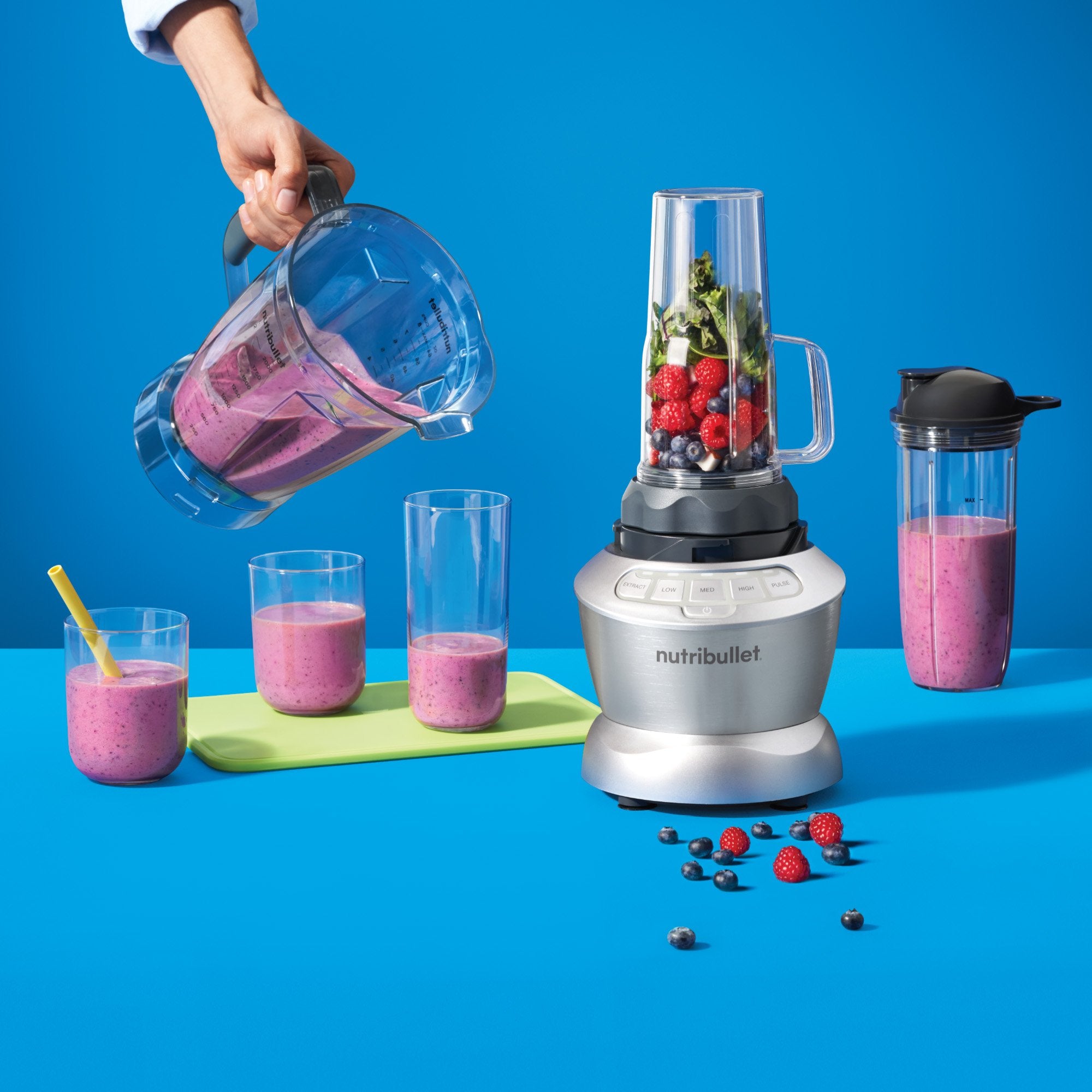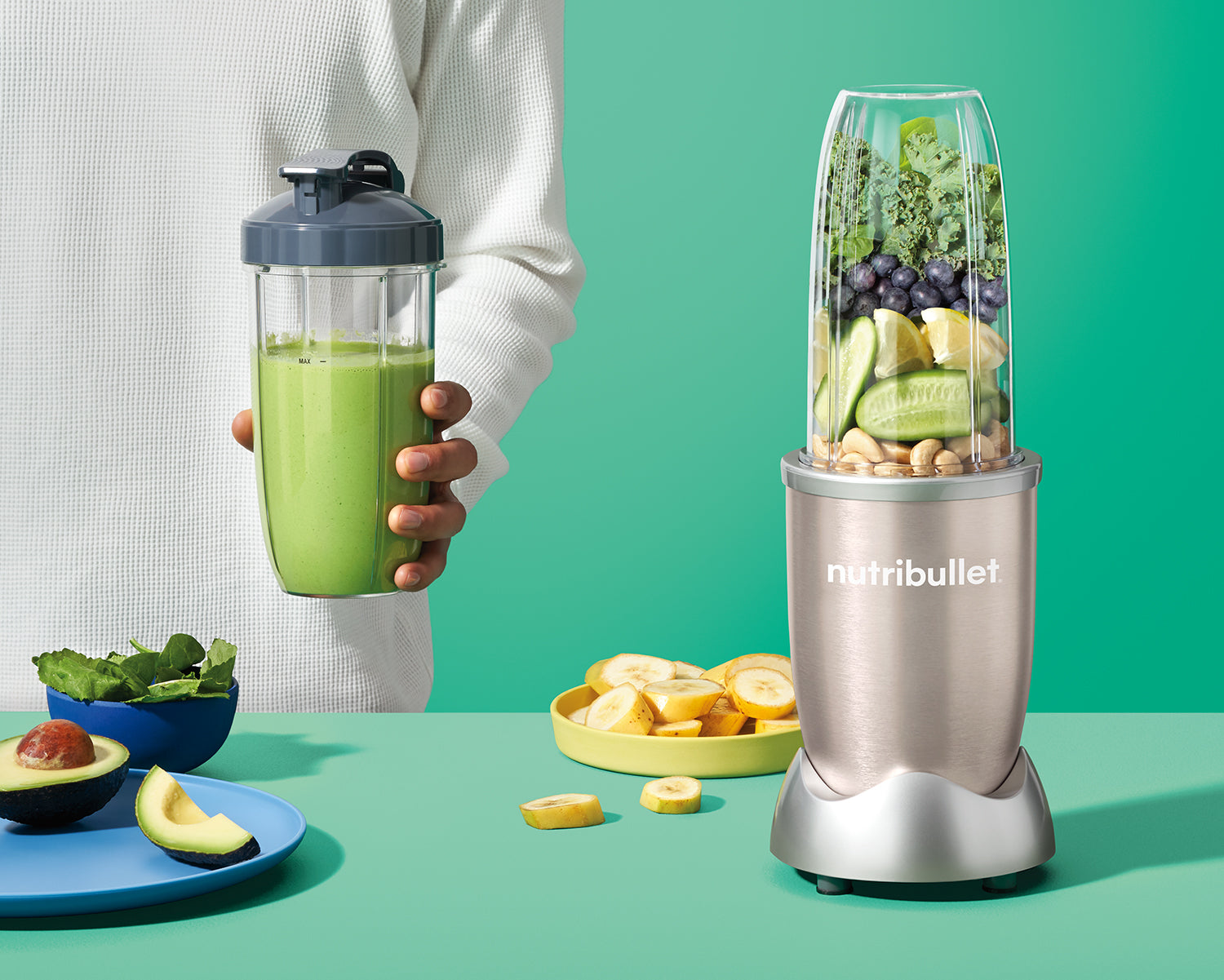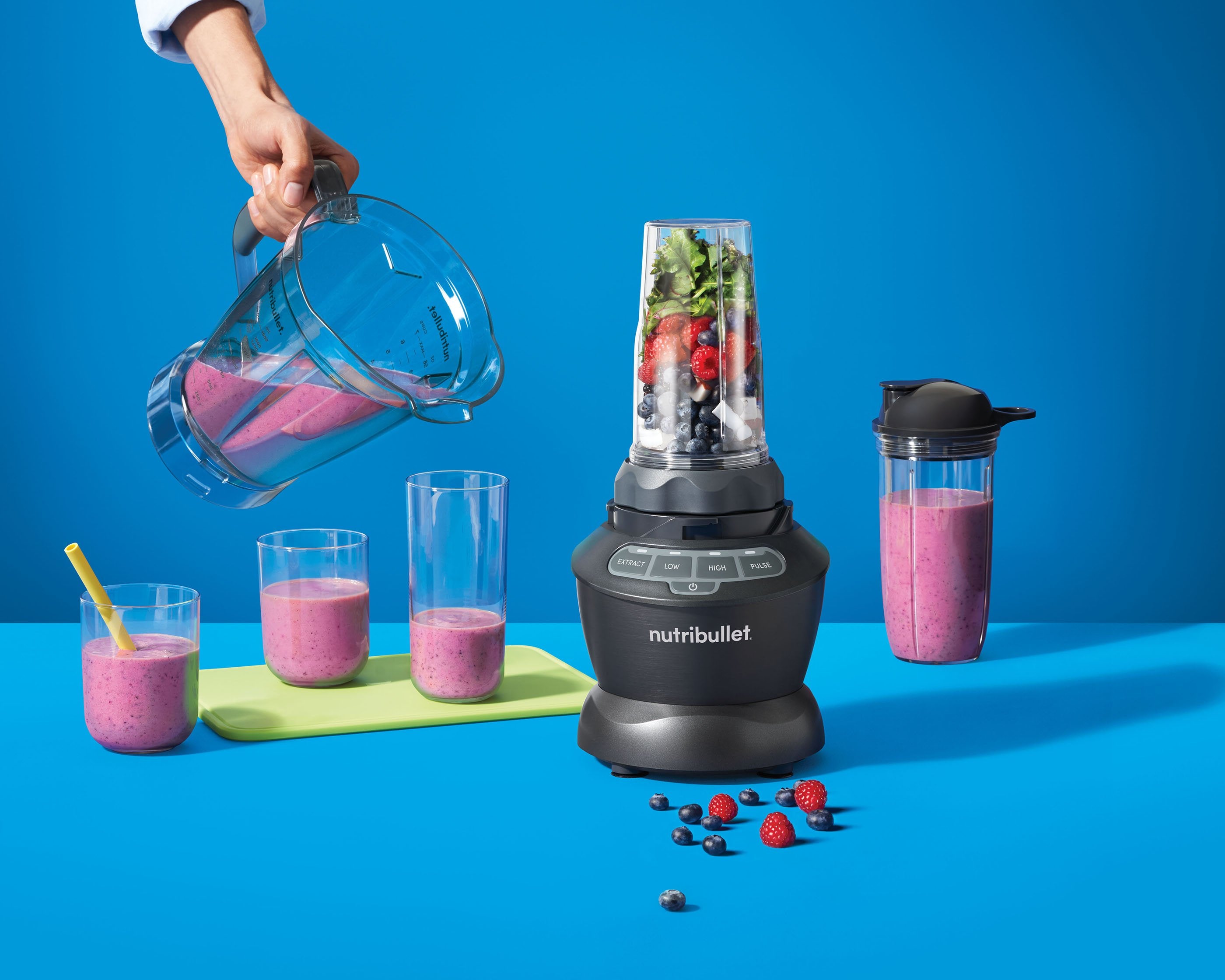Whether you have been a gym-goer for years or just signed up for a trial membership, you’ve most likely been the target of nutritional supplement companies. These companies create powders, beverages and pills of all kinds and market them to people who want to lose weight, build muscle, work out harder, and look younger.
Supplement companies want you to believe that their products will help you attain your goals, but they’re also interested in keeping you as a consumer for a long time. The truth is that some of these supplements are helpful while others are not.
One of these supplements are BCAAs, or branched-chain amino acids. They received a lot of attention in the past two to three years as a supplement that helps you achieve optional body composition, recover from workouts better, and achieve gains in strength and endurance.
Science Background
To decide whether or not you should take a specific supplement, it’s wise to grasp the science behind it first. In simple terms, amino acids are known as the “building blocks” of protein. And protein is a major player in muscle health.
Many people try to gain muscle in order to improve lean body mass. Every time you exercise, your body experiences muscle tissue breakdown. This is a good thing! Once muscle tissue is broken down, it begins to rebuild. If your body possesses an ample amount of amino acids, it will rebuild better and stronger each time. That’s why weightlifting and cardio exercises work when combined with good nutrition!
There are 22 amino acids in all. Three of these – leucine, isoleucine, and valine – are categorized as branched-chain amino acids (BCAAs). Historically, they’ve been thought to be particularly effective at muscle cell turnover. In recent years, however, research has made us question this well-known phenomenon.
When BCAAs supplements were compared to whole food items with high bioavailable proteins, such as egg protein or whey protein, researchers found that whole food sources are more beneficial to muscle growth and overall muscle health.
This is leading the sports nutrition world to rely less on amino acids in supplement form and more on whole foods sources containing all 22 amino acids!
So once again, we lean towards a food-first approach when it comes to overall health and wellness. Another benefit to this approach is that we’re steering clear of harmful chemicals that may be used in the unregulated world of supplements.
Athletes are also safe from consuming banned substances if they stay focused on a food-first approach. When bodies stay healthy and sports careers stay out of jeopardy, coaches and nutritionists are happier too!
Nutritional information
Recipe: Creamy Green Strawberry Dream Serving in this recipe:1
- Calories: 236.6
- Total Fat: 3.6 g 5.5%
- Saturated Fat: 0.4 g 1.9%
- Cholesterol: 0 mg 0%
- Sodium: 358.7 mg 14.9%
- Total Carbs: 45.7 g 15.2%
- Dietary Fiber: 9.9 g 39.4%
- Sugar: 22.1 g
- Protein: 8.1 g 16.2%
- Vitamin A: 481.9% Vitamin C: 244.1%
- Calcium: 68.5% Iron: 26.1%
* Percent Daily Values are based on a 2,000 calorie diet. Your daily values may be higher or lower depending on your calorie needs.





















